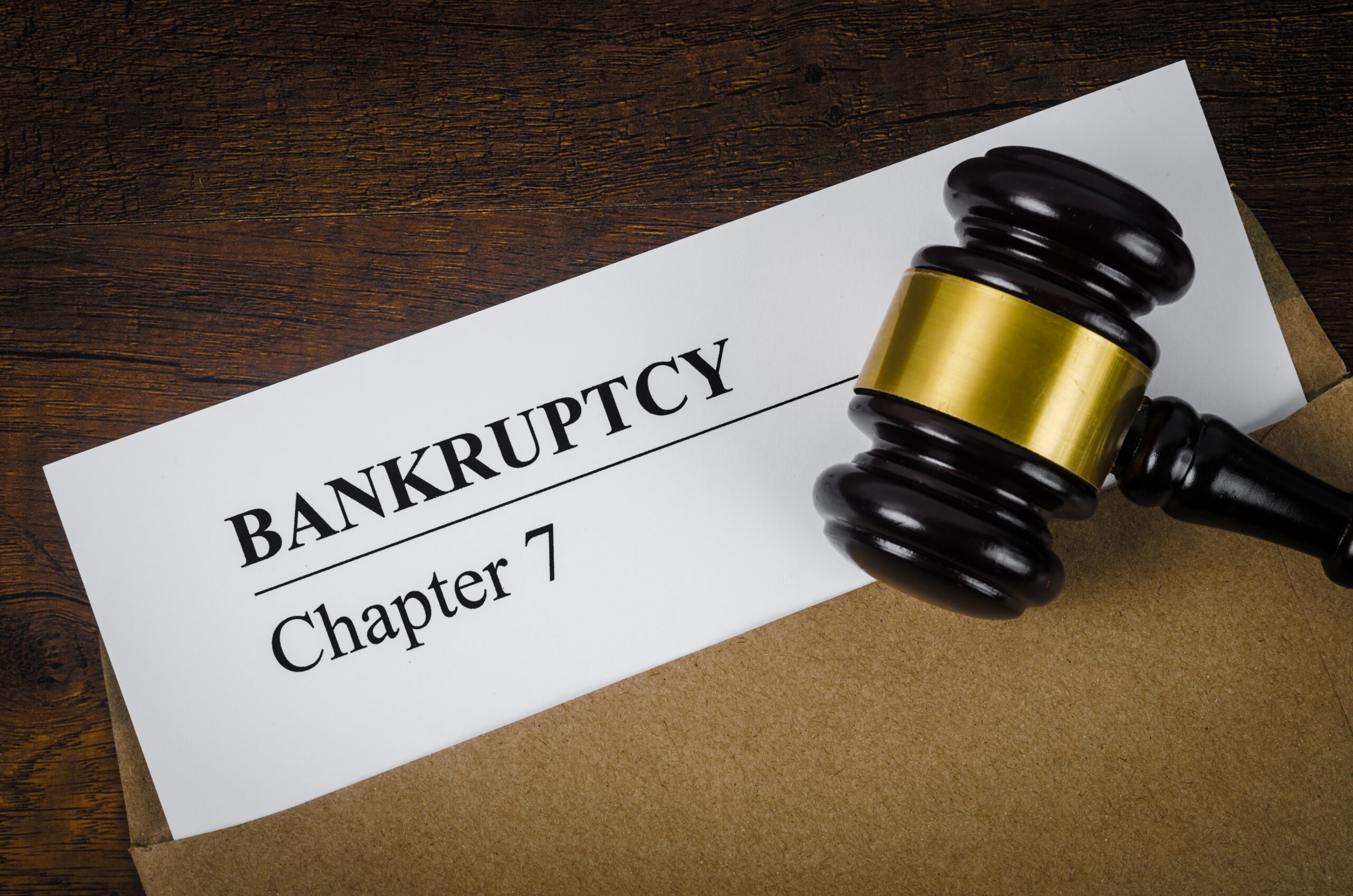Chapter 7 bankruptcy, often referred to as “liquidation bankruptcy,” is one of the most common forms of bankruptcy filed in the United States. It offers individuals and businesses a way to eliminate most of their unpaid debts, such as credit card balances, medical bills, and personal loans, providing a fresh financial start. Understanding the aspects of Chapter 7 bankruptcy is important for anyone considering this option, as it can significantly impact one’s financial future. In this comprehensive guide, we’ll explore the key aspects of Chapter 7 bankruptcy, including eligibility requirements, and the filing process.

Eligibility Requirements For Chapter 7 Bankruptcy
Means Test
The means test is an important step in determining eligibility for Chapter 7 bankruptcy. It is designed to prevent individuals with higher incomes from filing for Chapter 7 bankruptcy and instead directs them toward Chapter 13 repayment plans. The means test compares your income to the median income for a household of your size in your state. If your current monthly income is below your state’s median income for a household of your size, you pass the means test and can file for Chapter 7 bankruptcy.
Previous Bankruptcy Discharge
You cannot file for Chapter 7 if you received a discharge in a previous Chapter 7 case within the last eight years. You also cannot file if you received a discharge in a Chapter 13 case within the last six years, unless certain conditions regarding repayment are met.
Credit Counseling Requirements
Before filing for Chapter 7 bankruptcy, you must complete a credit counseling course from an approved agency within 180 days before filing.
Petition Accuracy and Honesty
Your bankruptcy petition must be complete and accurate. Any attempt to hide assets or provide false information can result in the dismissal of your case or denial of discharge.
Filing Fees and Paperwork
You must pay filing fees or request a fee waiver if you cannot afford them. You also need to complete all required paperwork accurately and timely.
The Filing Process For Chapter 7 Bankruptcy
- Filing the Petition: File the official bankruptcy petition and other required forms with the bankruptcy court. These forms include detailed information about your debts, income, expenses, assets, and financial transactions.
- Automatic Stay: Once your petition is filed, an automatic stay goes into effect. This means creditors must stop all collection activities, including lawsuits, wage garnishments, and phone calls.
- Trustee Appointment: A bankruptcy trustee is appointed to your case. The trustee’s role is to review your paperwork, identify non-exempt assets, and oversee the liquidation process to repay your creditors.
- Meeting of Creditors (341 Meeting): Attend the 341 meeting, where you will be questioned under oath by the trustee and possibly by creditors about your financial situation and the information in your petition.
- Property Exemptions: Determine which of your assets are exempt from liquidation under federal or state laws. Exempt property is protected and cannot be sold to pay creditors.
- Non-Exempt Assets: The trustee will sell any non-exempt assets and distribute the proceeds to your creditors. In many Chapter 7 cases, filers do not have non-exempt assets, and there is no liquidation.
- Debtor Education Course: Complete a debtor education course from an approved provider after filing your petition but before receiving your discharge. You must file the certificate of completion with the court.
- Discharge: If there are no objections from creditors or the trustee, you will receive a discharge of your eligible debts. This typically occurs 3-6 months after filing. A discharge releases you from personal liability for most debts and prevents creditors from taking any collection actions on those debts.
Consult With a Qualified Bankruptcy Attorney
Chapter 7 bankruptcy in California offers a solution for individuals struggling with overwhelming debt to have a fresh financial start. If you’re considering this path, consulting with a qualified bankruptcy attorney is crucial. They can guide you through the process, assess your eligibility, and ensure you’re making the best decision for your financial situation. At Unruh Law, we understand the complexities of Chapter 7 Bankruptcy. Get in touch with us today if you have questions.
